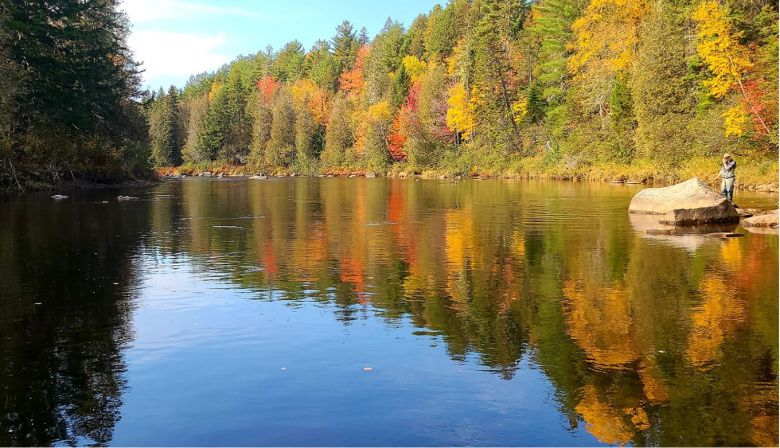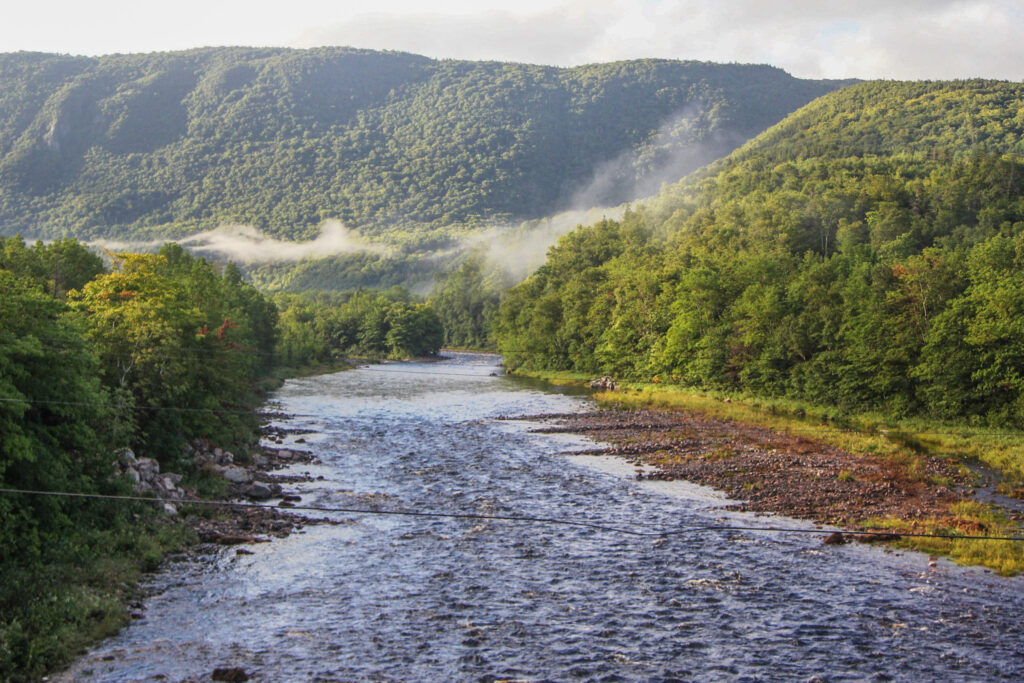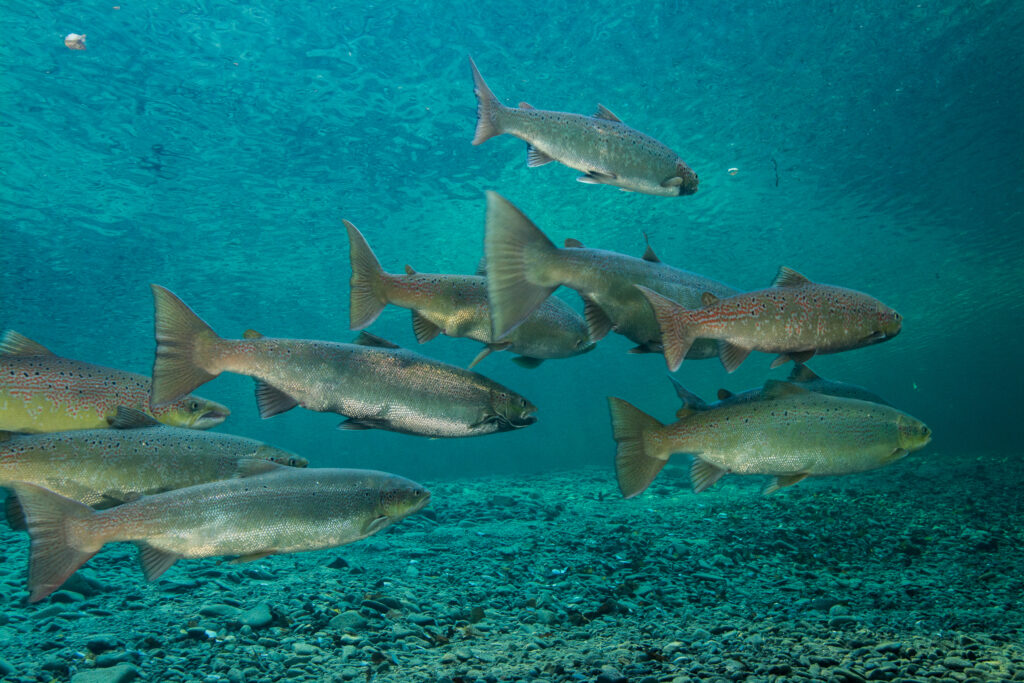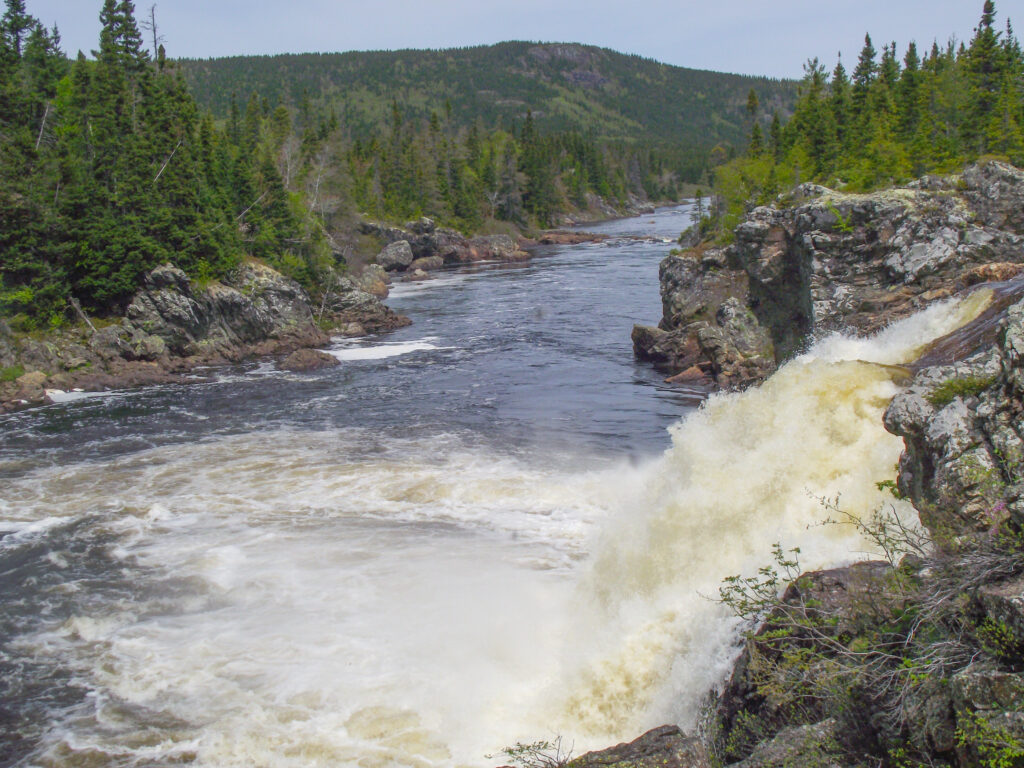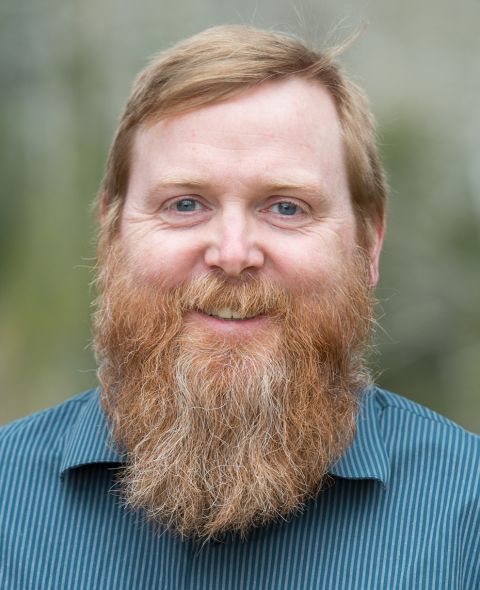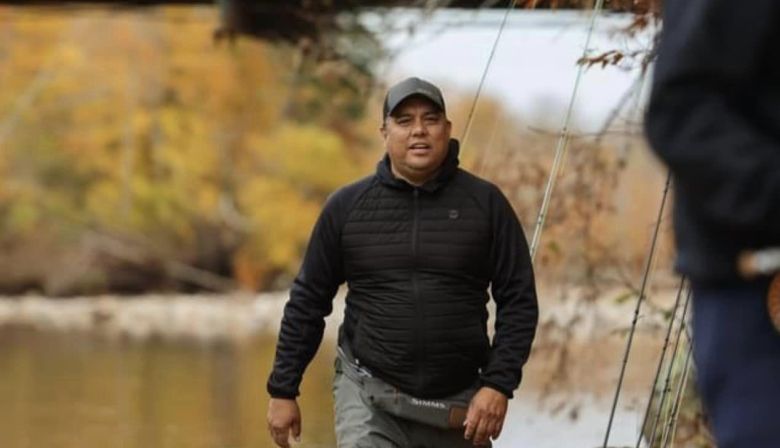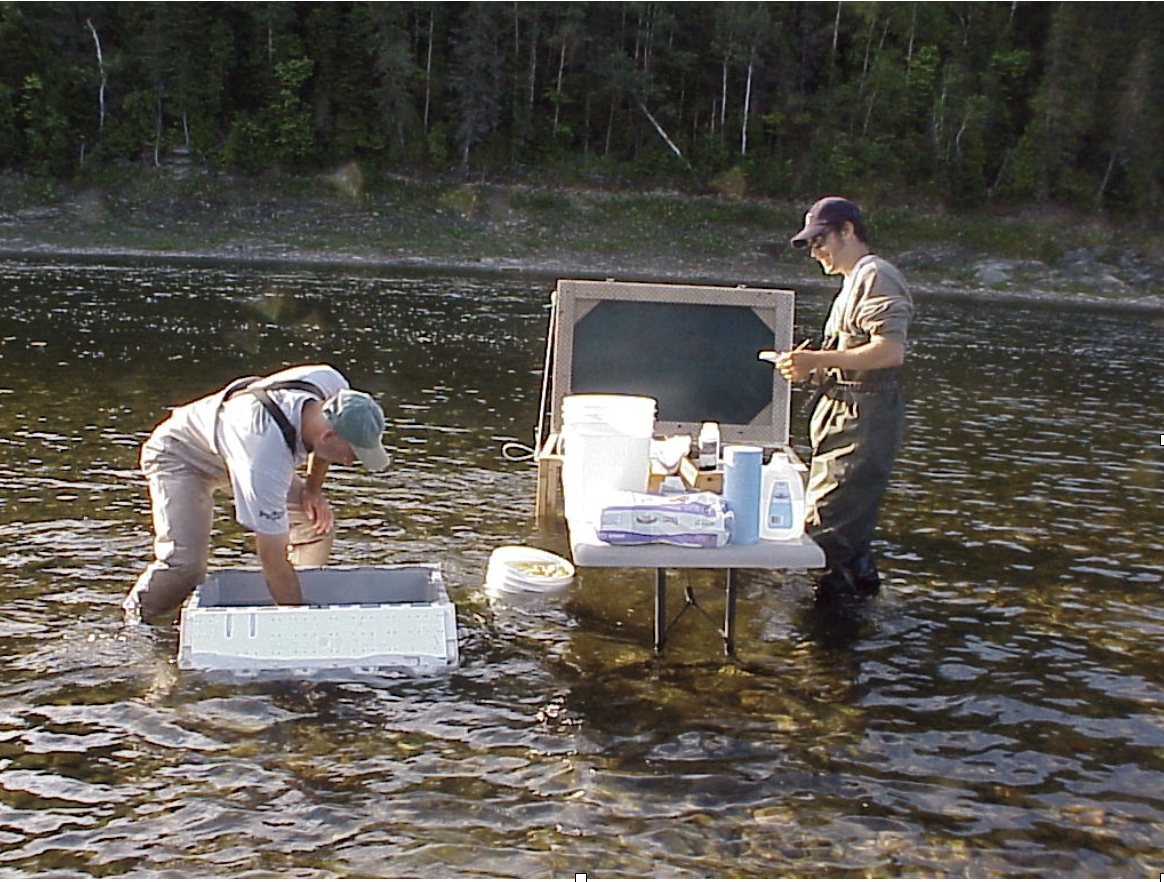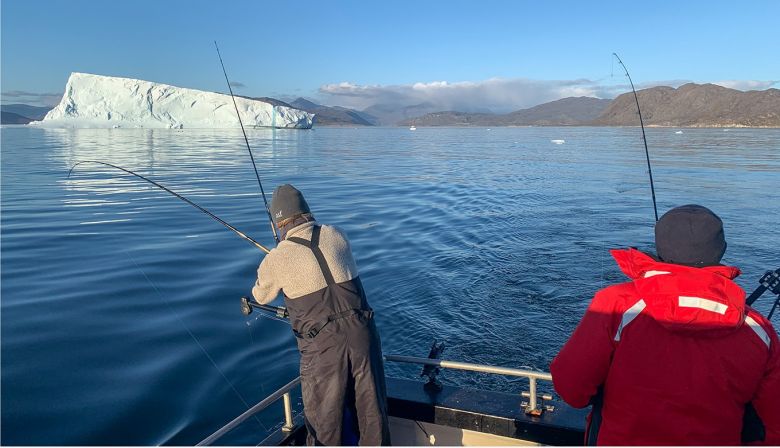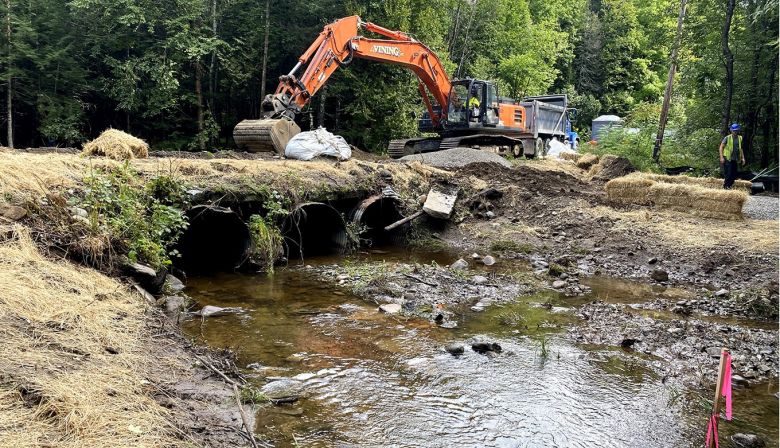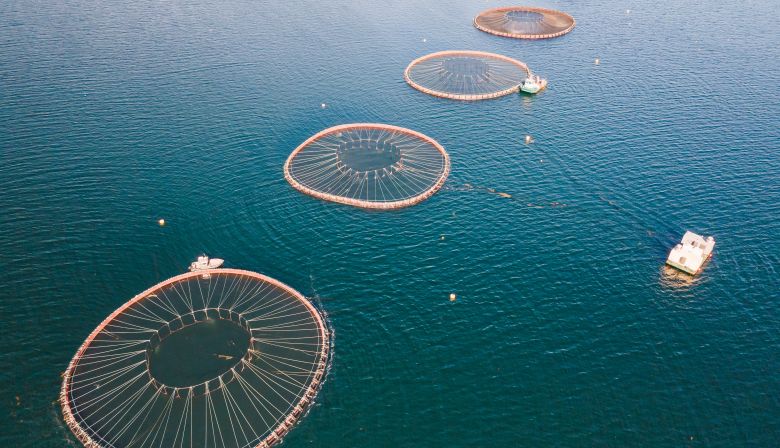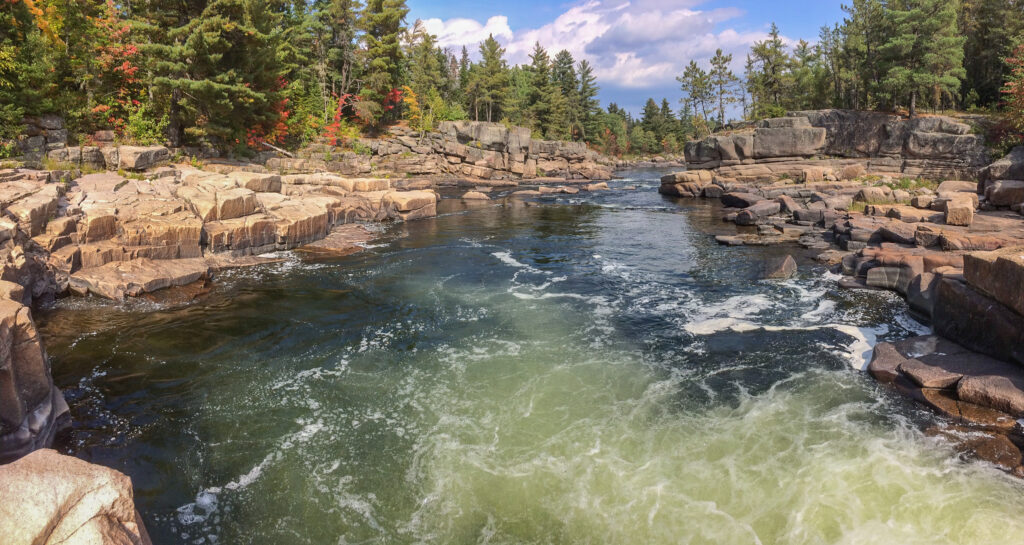
Government, Indigenous, and non-government organizations, including ASF, have traditionally focused on restoration where populations have reached critical levels and habitat is badly damaged. This necessary work should continue, but climate change threatens all rivers and calls for a new approach to Atlantic salmon conservation. Wild Salmon Watersheds is designed to conserve and protect rivers where salmon still thrive and prevent future declines. We will do this by equipping local partners with the knowledge and resources to complete long-lasting conservation projects. ASF’s vision is a North American network of up to 30 partner watersheds in places where wild Atlantic salmon are thriving and the connection between people and salmon is strong.
Non-profit and Indigenous organizations working on community wellness and environmental goals often struggle to secure stable, long-term support. Priorities can change yearly, depending on granting programs. Wild Salmon Watersheds will help overcome this problem. ASF will provide reliable funding and support so our partners can think big and focus on what’s right for generations of salmon and people to come.
